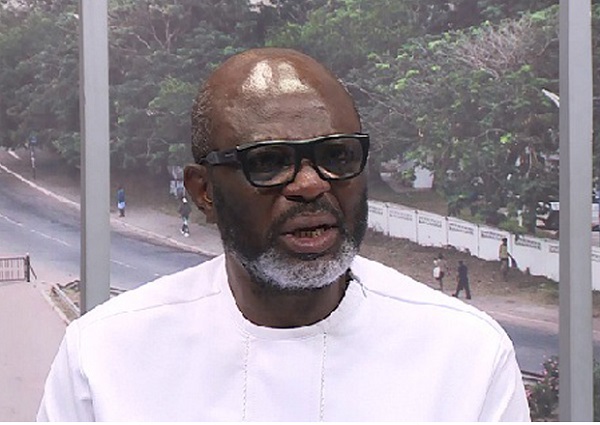The Ghana Traders Association (GUTA) has described the retail sector of the economy as a no-go zone for foreigners.
The warning comes on the heels of plans by the Ghana Investment Promotion Center (GIPC) to review capital restrictions for foreign investors seeking to invest in the country.
The GIPC Act of 2013 (Act 865) requires foreign companies seeking to partner with local companies to provide a capital requirement of US$200,000, while wholly foreign companies wishing to operate are required to provide capital of 500,000 US dollars.
For foreign companies wishing to do business in the trading space, the capital requirement is set at US$1 million.
GIPC Deputy Managing Director Yaw Amoateng Afriyie recently revealed that the GIPC has begun consultations with stakeholders to review these capital restrictions.
He said the process was aimed at positioning Ghana as an investment destination in the sub-region.
Restricted zone
But speaking in an interview with Graphic Business, GUTA chairman Dr Joseph Obeng said the association was unaware of such a commitment and was therefore confident that the retail industry detail would not be part of the review.
“We haven’t been consulted yet, but the retail aspect is not included, so whatever stakeholder engagement we don’t know. For us, the trade sector is a no-go area for foreigners.
“We don’t know where the stakeholder engagement is taking place. The law was only revised in 2013 and as far as ECOWAS traders are concerned, the government granted them special dispensation and that ends the story,” he said.
Critical sectors of the economy
Dr. Obeng said the GIPC, in its quest to attract investment into the country, should focus on high-tech and capital-intensive sectors and not the commercial sector.
“Even when it comes to commerce, it has to be multinational supermarket structures. The requirement of one million US dollars is only to guide traders, it does not mean that we do not expect investments in the commercial sector, but it is only intended to guide them, in the sense that ‘they can only do a super market or a big wholesale,’ he explained.
He said revising capital restrictions on trade would eliminate local traders and also increase the country’s dependence on imports.
“If we open up our markets, we won’t even be able to attract investors to our manufacturing industry. Why would an investor think of establishing a manufacturing business when he can just import and sell in the market?
“Such a move goes against our drive to invest in the most sensitive sectors of the economy and will encourage more imports,” he noted.
AGI has not yet taken a position
Also speaking in an interview with Graphic Business, the Chief Executive of the Association of Ghanaian Industries, Seth Twum Akwaboah, said the association has yet to take a position on the matter.
He said this was a major issue that required input from all members of the association.
“We need to get the opinion of all the members. We still need to consult and take a position on this issue.
“Up until now, individual opinions have been expressed, but when it comes to major policies like this, we even invite the GIPC to come and give us a presentation. It is then that they will examine the merits and demerits of this proposal. Only then can we take a very informed position,” he explained.
GIPC Act Review
Mr Akwaboah said the AGI was however open to a review of the whole GIPC Act, saying that “when you have a law it doesn’t stay forever and depending on the requirements of the moment you can make a adjustment or amendment to make it serve you better.
“So if the GIPC sees the need to do this, we will welcome it and look into the details as they come.

